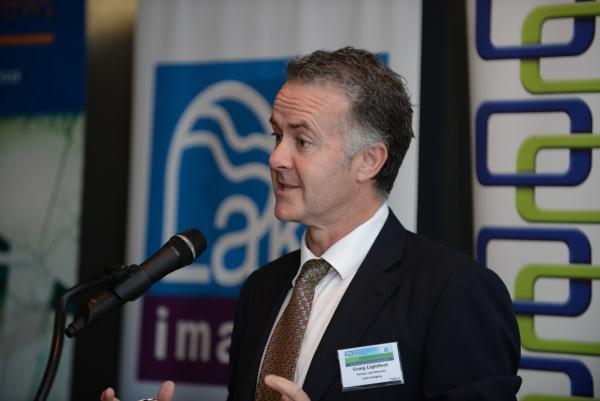
By JOHN VAN KLAVEREN
PEOPLE who might have serious illnesses are beginning to “fall through the cracks” in Geelong, a leading health services provider warned this week.
Lake Imaging director Craig Lightfoot said financial pressures on the health system meant bulkbilling was no longer viable for private radiology providers.
Mr Lightfoot said private providers were referring patients to public hospitals, which also faced funding pressures and growing waiting lists.
“The public services are also referring patients to private providers where costs are higher and people are falling between the cracks,” he said.
“It’s a really bad situation.”
Mr Lightfoot said government funding shortfalls and cost-shifting were forcing private medical imaging services to pass on rising costs.
“We all want quality health care but people will have to contribute to the cost of it. The days of free health care are well and truly over,” he said.
“Medicare indexation has not kept up in radiology. A CT scan today is funded the same as it was 15 years ago, which leaves people about $60 out of pocket.
“What we chose to do was bulkbill most concession card holders, accounting for about 50 per cent of patients in Geelong, so we don’t charge the gap but accept the Medicare payment for that service. But the lack of indexation means we can’t continue to run a practice without passing on the cost.
“Middle Australia is getting it in the neck by having to pay more and more for their radiology,” Mr Lightfoot said.
“It’s getting to the stage now where we are no longer bulkbilling patients and concession card holders have to pay the gap.
“The breast clinic in Gheringhap St has got to the point where we cannot bulkbill anyone. Some genuinely can’t afford it.”
Mr Lightfoot feared the decline in bulkbilling meant some people were failing to obtain timely medical imaging, which can identify tumours and other health threats.
Speaking at a Geelong Business Network breakfast on Tuesday, he said private medical imaging businesses were also under pressure from competing public services.
In 2011 Mr Lightfoot told the Independent the public competition might force some providers to cut “unviable” radiology and imaging services.
Cancer Council Victoria chief Todd Harper said patients in regional areas faced higher financial burdens.
He was worried about significant time and financial barriers for regional cancer patients.
The Cancer Council help line received feedback that some regional patients made treatment choices for purely financial reasons, Mr Harper said.
“Survival outcomes are slightly lower in regional areas than the metropolitan region and things like the burden of travel and access to local treatment might be issues,” he said.
“It can be expensive for cancer patients and we are keen to look at financial compensation for people travelling from regional areas to access cancer treatment.
“We are working with State Government to review the Victorian Patient Transport Scheme.”






